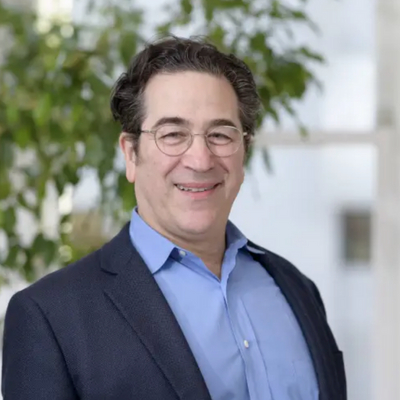TEL AVIV, Israel– Nucleai, an AI-powered spatial biology leader, announced that Dr. Julian Adams has joined its scientific advisory board. Dr. Adams brings his more than 35 years of experience in oncology research and development to his role as an advisor to Nucleai, which is recognized as one of the top startups to watch in the spatial biology field. His distinguished career in the pharmaceutical and biopharmaceutical industry includes senior leadership roles at Millennium Pharmaceuticals (now part of Takeda Oncology), Infinity Pharmaceuticals, Boehringer Ingelheim, and Gamida Cell.
“We’re excited to welcome Dr. Julian Adams to Nucleai’s scientific advisory board. His unparalleled depth of knowledge in pharmaceutical R&D will be an asset for our company, supporting our mission to revolutionize precision medicine through our AI-powered spatial biology platform,” said Avi Veidman, CEO of Nucleai. “Dr. Adams joins us at a critical time when we are accelerating our delivery of new innovations in spatial biology and scaling our ability to work with the world’s top pharma and biopharma companies.”
Dr. Adams’ most recent position was as CEO of Gamida Cell, a clinical-stage biopharmaceutical company working to develop cell therapies for cancer and rare, serious hematologic diseases.
Before that, Dr. Adams served as president of R&D at Infinity Pharmaceuticals and senior vice president of drug discovery and development at Millennium Pharmaceuticals. He played a key role in discovering Velcade (bortezomib), a therapy widely used to treat multiple myeloma. He also developed an oral inhibitor of phosphoinositide 3-kinase (PI3K), also known as duvelisib. Earlier in his career, while at Boehringer Ingelheim, he was credited with discovering Viramune (nevirapine) for HIV.
“I am delighted to be joining the SAB at Nucleai,” said Dr. Adams. “The science of spatial biology, combined with the computational power through machine learning, holds great promise for the future of better treatment decisions for cancer patients.”
Dr. Adams holds more than 40 patents and has won industry and academic awards. He has authored more than 100 papers in peer-reviewed journals. He earned a doctorate from the Massachusetts Institute of Technology (MIT) and a bachelor of science degree from McGill University, where he was also awarded an honorary Sc.D.


